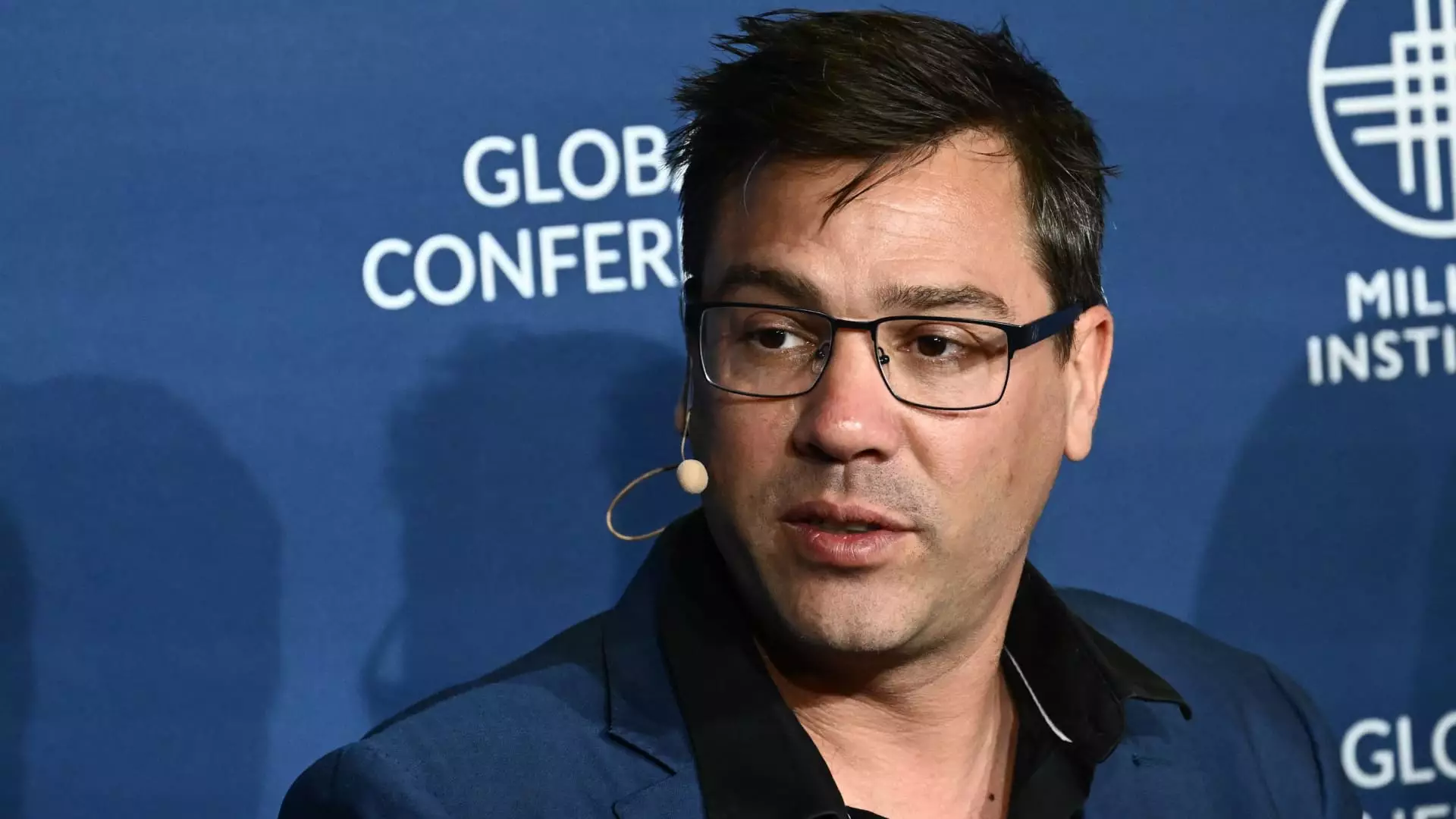As the world is becoming increasingly interconnected through finance and technology, the announcement of eToro’s Initial Public Offering (IPO) shines a spotlight on a critical question: Can a company thrive amidst turmoil? With its recent IPO, eToro—a trading platform allowing users to engage with stocks, commodities, and cryptocurrencies—has dutifully documented the risks linked to its operational base in Israel. While the firm highlights the current global relevance of its offerings, the deeper, often grim context within which it operates cannot be ignored. The ongoing conflict in the region is not just a backdrop; it serves as a chilling reminder of the instability that can jeopardize financial ventures.
The event of October 7, 2023, when Hamas launched attacks on Israel, began a cascade of violence that has left tens of thousands devastated in Gaza and has raised critical geopolitical concerns. The specter of escalation looms large, casting shadows over business risks that eToro has carefully delineated in its IPO filings. Though it claims that operations have thus far been unaffected, the uncertainty of war presents a very palpable threat that could hinder growth and stability.
Waves of Uncertainty
eToro’s voluntary acknowledgment of its risks in its IPO filing underscores a sobering reality—business is not just about profits and losses; it is also about political and social landscapes that can erupt into chaos at any moment. The company’s sentiment that the “continuation of the war and any escalation or expansion could have a negative impact” is not merely legal jargon; it showcases the inherent unpredictability of doing business in conflict-ridden regions. As the market environment grows more treacherous, eToro’s proactive risk assessment can either be seen as responsible foresight or an overwhelming alarm bell that may deter potential investors.
The company, founded by Yoni and Ronen Assia, alongside David Ring in 2007, boasts a global operation—yet that same global reach does not insulate it from the geopolitical tremors coming from its homeland. eToro’s emphasis on future peace, as articulated by CEO Yoni Assia, reflects a chilling optimism that strikes at odds with the pressing realities of the situation. This juxtaposition serves to reinforce the disturbing notion that financial stability is often reliant on the fragile state of international relations, particularly in volatile regions.
The Burden of Backlash
What complicates the landscape further are escalating societal and political pressures against Israel’s military actions, further amplified by international institutions and activist groups. eToro’s acknowledgment of potential backlash, including the risk of boycotts and legal scrutiny, adds yet another layer of complexity that investors must grapple with. As calls for accountability grow louder and the future of Israel’s leadership hangs in a delicate balance, variables like public sentiment and international law could weigh heavily on eToro’s financial narrative.
Additionally, rating agencies have not been kind to Israel, marking its financial solidity with credit downgrades that include warnings from Fitch, Moody’s, and S&P Global. These developments cast a looming shadow over the operational prowess of eToro and other tech companies in the region, raising concerns surrounding the sustainability of their business models.
Cybersecurity and Operational Risks
In an era where data is currency, eToro cannot afford to downplay the significance of cybersecurity threats, especially in an environment as tumultuous as Israel’s current landscape. The increase in cyberattacks and the looming threat of armed incursions could disrupt operations, escalate costs, and ultimately threaten employee safety. The company appears to be aware that its very success could lead to unwanted attention, making it not just an investor in markets but also a target in an ongoing conflict.
Moreover, tax law discrepancies between Israel and the U.S. represent a precarious risk; failure to navigate these differences could undermine its efforts to maintain a competitive edge in the U.S. financial market. eToro’s uncertainty with regard to the enforcement of U.S. securities laws is both a red flag for potential investors and a pragmatic acknowledgment of the pitfalls that accompany global operations.
Ultimately, eToro’s IPO is about far more than stock prices and valuation; it is a fragile tightrope walk between financial ambition and the stark reality of operating amidst conflict. As the tech world watches closely, eToro stands at the intersection of promise and peril, poised to redefine how companies operate in geopolitically charged environments.


Leave a Reply